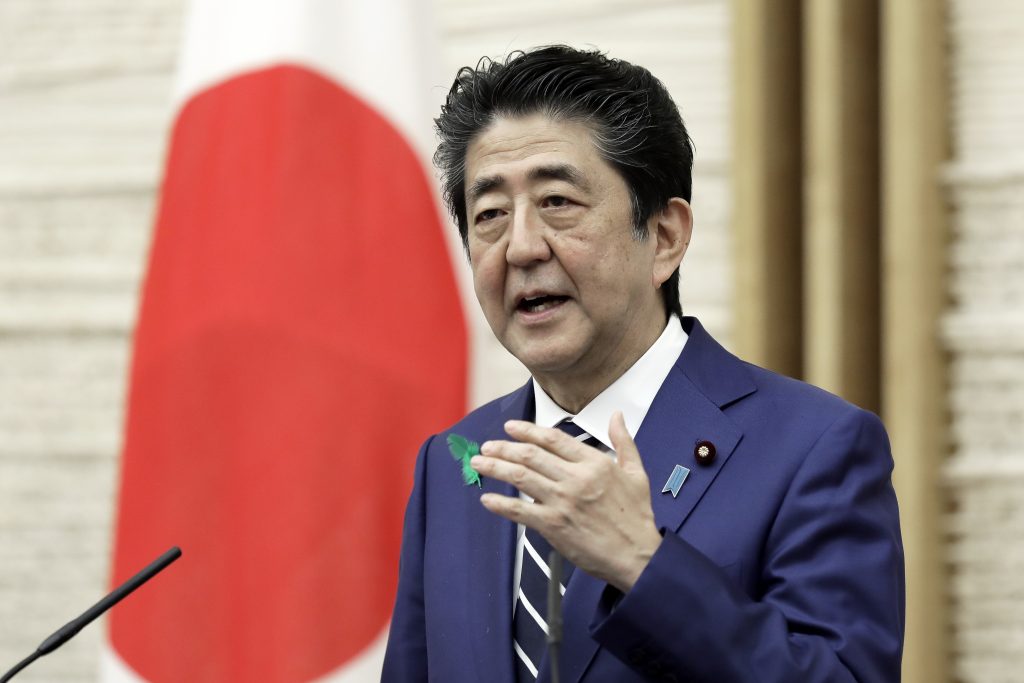
- ARAB NEWS
- 20 Apr 2024

Japanese Prime Minister Shinzo Abe on Wednesday expressed reservations about raising the minimum wage in the nation for fiscal 2020, which began in April, due to the economic hardships caused by the novel coronavirus.
"The effects of the coronavirus crisis on employment and the economy are severe, and it is of the utmost priority for both the private and public sectors to work for protecting employment," Abe said at a meeting of a panel on building a social security system benefiting all generations.
The comment came at a time when the COVID-19 epidemic is putting a strain on labor conditions, with a spike in furloughed employees and a decrease of nonregular workers.
The minimum wage in Japan has continuously been raised by around 3 percent annually in recent years. But Japan Chamber of Commerce and Industry Chairman Akio Mimura urged the government to freeze the hike for fiscal 2020 as many companies are firing employees or refusing to renew contracts for some workers, or going bankrupt amid the epidemic.
Abe instructed labor minister Katsunobu Kato to consider the circumstances of small companies in deciding whether to raise the minimum wage.
With the government seeking to swiftly raise the average minimum hourly wage nationwide to 1,000 yen, however, the prime minister also said, "Raising wages is important for creating a good cycle in the economy, so we will stick to the policy."
According to labor statistics for April, the number of furloughed employees increased by about 4.2 million from a year before to 5.97 million. The government is highly concerned over the potential spike in unemployment that would occur if such workers were fired.
Labor representatives are calling on the government to keep raising the minimum wage.
"The steps to improvement should not be halted," Rikio Kozu, president of Japanese Trade Union Confederation, or Rengo, said at the panel meeting.
Every July, the Central Minimum Wages Council, a labor ministry advisory panel, decides a recommended minimum wage hike for Japan's 47 prefectures based on the government's policies. Prefectural wage councils then take the recommendations and decide their minimum wages, which are introduced around October.
JIJI Press